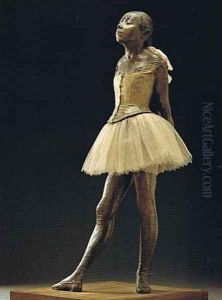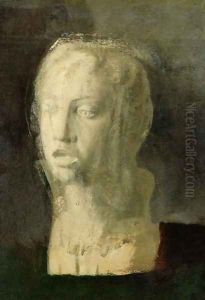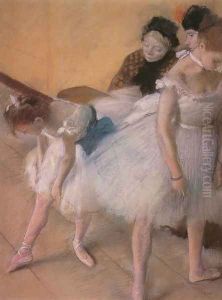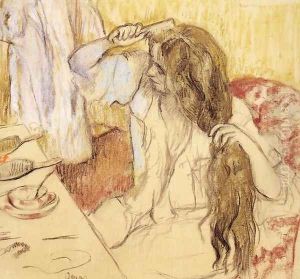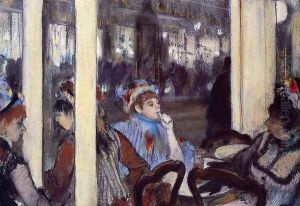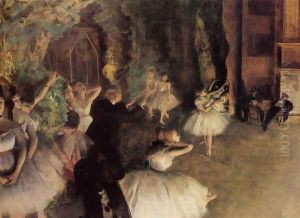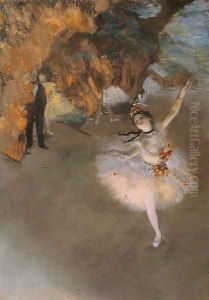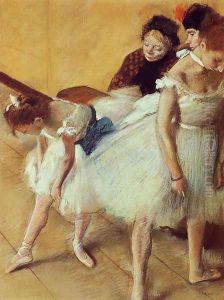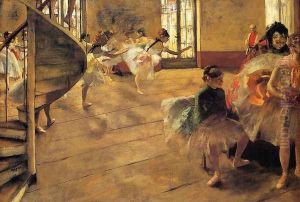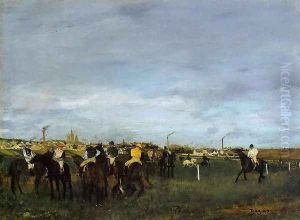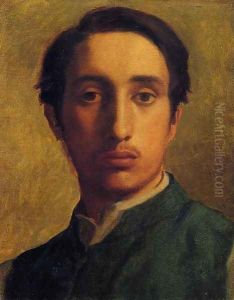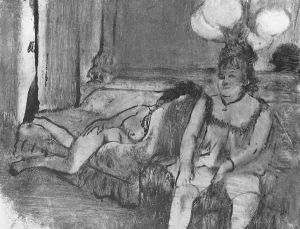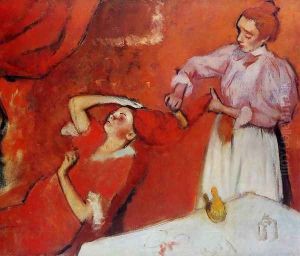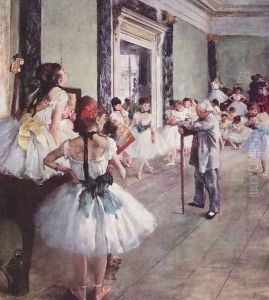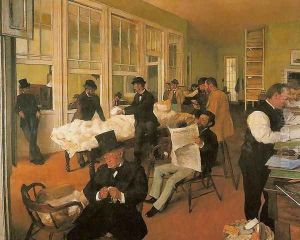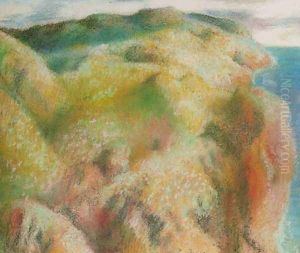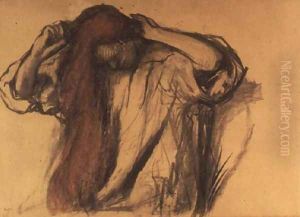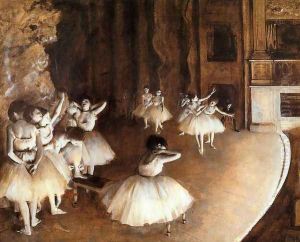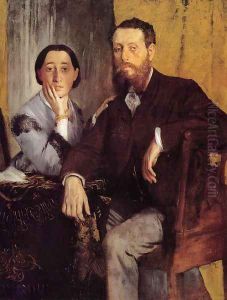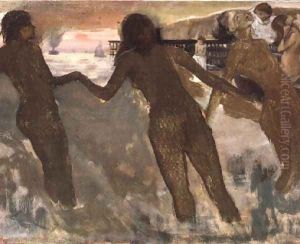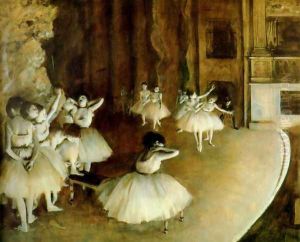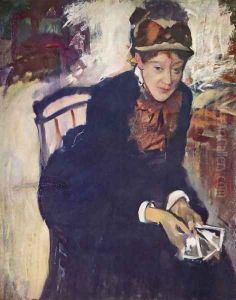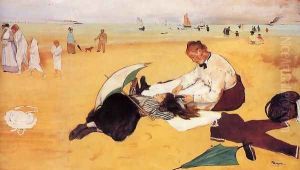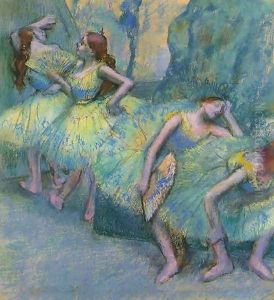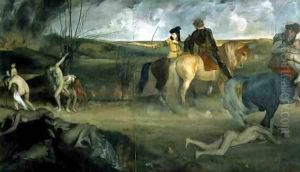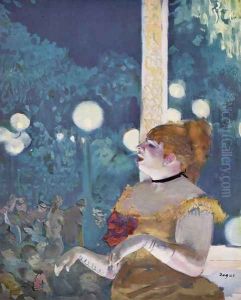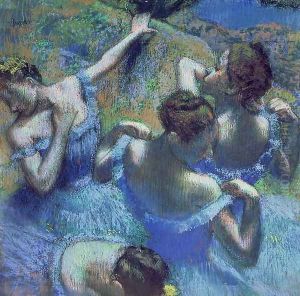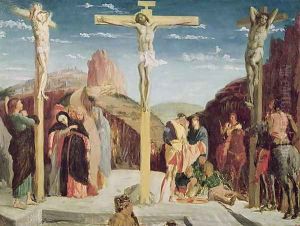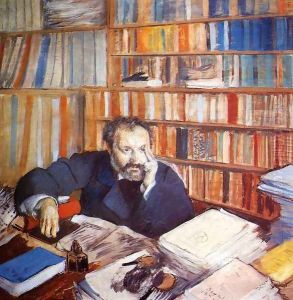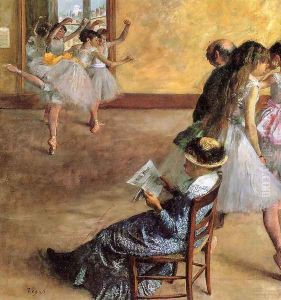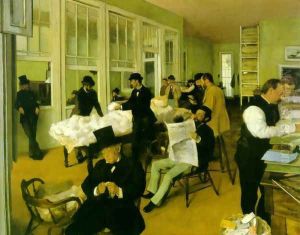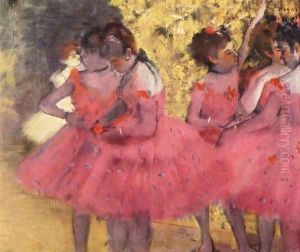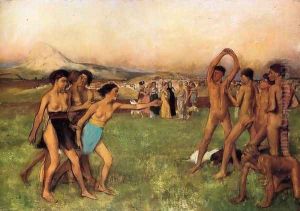Edgar Degas Paintings
Edgar Degas, born Hilaire-Germain-Edgar De Gas on July 19, 1834, in Paris, France, was a prominent artist known for his outstanding contributions to Impressionism, although he preferred to be called a realist. Coming from an affluent family, Degas began his education at the Lycée Louis-le-Grand in Paris and later studied law briefly before pursuing art. He received classical training at École des Beaux-Arts under Louis Lamothe, a pupil of the classical painter Jean-Auguste-Dominique Ingres.
Degas's early work consisted primarily of historical paintings and portraits, but he gradually shifted his focus towards contemporary subjects. He developed a profound interest in the movement and expressions of the human body, which became evident in his depictions of dancers, racecourse subjects, and women at work. Degas attended the École des Beaux-Arts in Paris and later spent time studying and copying the works of the Old Masters in Italy for several years.
His association with the Impressionists began in the 1870s, though he had a distinct approach to composition and subject matter. Degas preferred to work in his studio, meticulously planning his compositions with an emphasis on psychological complexity and movement. Unlike many of his contemporaries, Degas was indifferent to landscape painting and instead focused on figures and interior scenes. His innovative use of pastels became one of his hallmark techniques, allowing for vibrant colors and dynamic lines.
Degas's involvement with the Impressionists led to his participation in their exhibitions, though his relationship with the group was often tense due to his outspoken nature and differing views. Despite this, he played a crucial role in organizing exhibitions and advocating for the movement. As the years progressed, Degas faced deteriorating eyesight, which forced him to evolve his artistic methods, increasingly turning to sculpture and pastel.
Some of his most iconic works include 'The Dance Class,' 'L'Absinthe,' and 'The Bellelli Family.' Degas never married and was known to have an acerbic personality, which isolated him in his later years. He died on September 27, 1917, in Paris. Degas's legacy is celebrated for its influence on modern art, particularly in terms of his exploration of human psychology, movement, and his mastery of various mediums.
